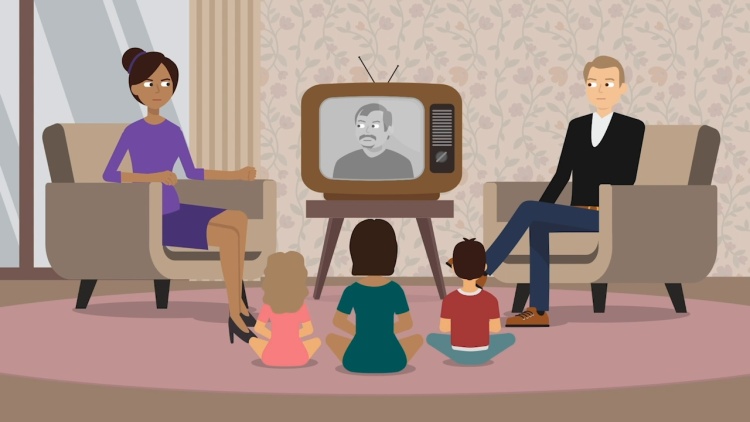Irvin v. Dowd
United States Supreme Court
366 U.S. 717 (1961)
- Written by DeAnna Swearingen, LLM
Facts
Irvin (defendant) was suspected of a series of highly publicized murders. After Irvin was arrested, the prosecution issued press releases indicating that Irvin had admitted to the murders. After the grand jury returned an indictment, Irvin’s attorney moved for a change of venue. The venue change was granted and trial was set in an adjoining county. A second motion for venue change was denied because Indiana law only allows one change. Two more venue change motions and eight continuance motions were denied. In the months before trial, newspapers and radio with near total coverage in the trial county publicized every aspect of the investigation, Irvin’s criminal record, and even details of plea negotiations. At voir dire, 90 percent of the potential jurors asked said they believed Irvin was guilty, and the court eliminated 268 people for having a firm belief in Irvin’s guilt. Irvin was convicted and sentenced to death. Irvin petitioned for habeas corpus on the grounds that he was denied a fair trial due to prejudice caused by extensive pretrial media coverage. The federal district court dismissed the petition for failure to exhaust state remedies, and the court of appeals affirmed. But the United States Supreme Court remanded for consideration on the merits. The court of appeals then ruled against Irvin and the Supreme Court again granted certiorari.
Rule of Law
Issue
Holding and Reasoning (Clark, J.)
Concurrence (Frankfurter, J.)
What to do next…
Here's why 907,000 law students have relied on our case briefs:
- Written by law professors and practitioners, not other law students. 47,100 briefs, keyed to 996 casebooks. Top-notch customer support.
- The right amount of information, includes the facts, issues, rule of law, holding and reasoning, and any concurrences and dissents.
- Access in your classes, works on your mobile and tablet. Massive library of related video lessons and high quality multiple-choice questions.
- Easy to use, uniform format for every case brief. Written in plain English, not in legalese. Our briefs summarize and simplify; they don’t just repeat the court’s language.





